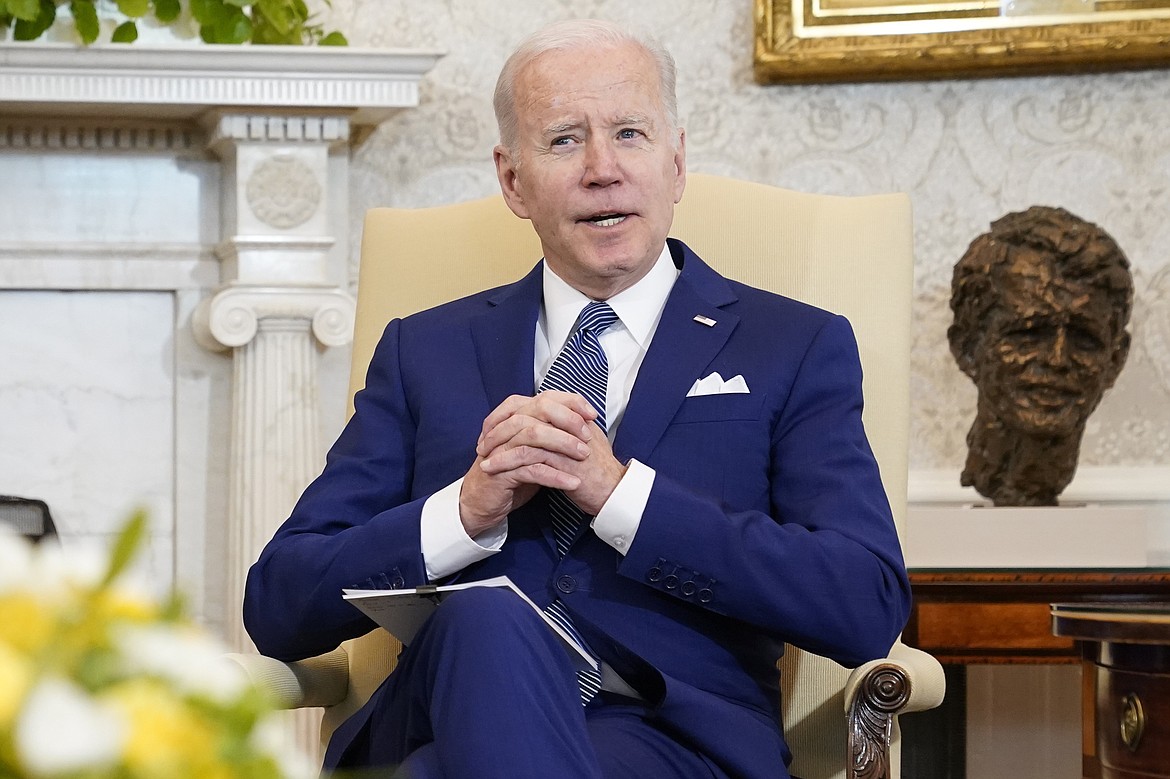Taxing unrealized gains tramples on the American dream
In 1801, in his first inaugural address, President Thomas Jefferson said, “a wise and frugal government, which shall restrain men from injuring one another, shall leave them otherwise free to regulate their own pursuits of industry and improvement, and shall not take from the mouth of labor the bread it has earned. This is the sum of good government; and this is necessary to close the circle of our felicities.”
How far we have diverted, 221 years later, away from this philosophy. These days, if you don’t agree with the socialist-style “equitable distribution of wealth” or in the words of Sen. Elizabeth Warren, “pay something in so everybody else gets a share,” then you’re just a greedy rich person not interested in “paying your fair share.” After all, says Elizabeth Warren, “nobody got rich on their own.”
The latest proposal coming out of Washington, D.C. aligns with that consequential phrase, to the detriment of thousands of American families — and worse yet, to the impairment of the American dream. In his $5.5 trillion budget blueprint, President Biden introduced the “Billionaire Minimum Income Tax” that would levy a 20% tax on American households worth over $100 million (not billion as the name of the tax supposes) — and it would apply to both income and unrealized investment income, including property, business operations, land and retirement.
Already this tax is deemed to be a bad idea even by members of President Biden’s own party, including by Harvard professor and former Treasury Secretary Larry Summers who declared, “The billionaire tax is a bad idea whose time will never come … It’s mislabeled to give it a kind of populist appeal.”
The proposal is definitely mislabeled — as if the Biden Administration was hoping that classifying it as a billionaire tax would be more unobjectionable; but what’s more concerning is the implication that taxing the unrealized gains of American families — including multi-generational family businesses, farms and ranches, as well as business equipment and lifetime savings — is suddenly on the table for Uncle Sam and the IRS.
This type of major tax reform has come up before — last time it was disguised in President Biden’s American Families Plan as fixing the “the stepped-up in basis loophole” — when in reality it was a “Double Death Tax.” Only the people in D.C. would come up with the idea of taxing the dead and their families — twice — even if they didn’t want to sell an asset, and think they could pull one over on the American people. If that tax had passed, children of the deceased would have been on the hook for thousands of dollars for multi-generational family homes, land, and farming and ranching businesses, threatening anything that was treasured and kept within the family for multiple decades that grew in value — you know, pretty much the American dream. That idea didn’t go over very well, especially by American farmers and ranchers.
While the Billionaire Minimum Income Tax currently claims a threshold of $100 million before it applies, we have seen proposals like this morph into larger-than-life government provisions that slowly seep into lower tax brackets.
Take, for example, the Alternative Minimum Income tax that was originally passed in 1969 to prevent taxpayers from reducing their taxable income by too much. Back then, it applied to 155 households. Soon, more and more households were subject to the tax until Congress started passing quick-fix patches to help. The 2017 tax reform helped 5.2 million taxpayers from getting hit by what was originally a tax intended for the super-rich to “pay their fair share,” but if legislators don’t act again, the AMT will return in 2026, affecting 6.7 million taxpayers, rising to 7.6 million by 2030. Don’t think that the same wouldn’t happen with this federal asset tax that already goes after millionaires even when its actual name doesn’t even include them.
Sens. Jon Tester and Steve Daines have an obligation to Montanans to identify egregious proposals that seek to cap American success in the name of “inequality” and ensure that they never see the light of day. Telling American families that they don’t own the rights to their own hard work and success is the wrong message to send amid the nation’s current problems brought on by too much government spending.
Rep. Mark Noland, R-Bigfork, is a Republican candidate for Senate District 5.


